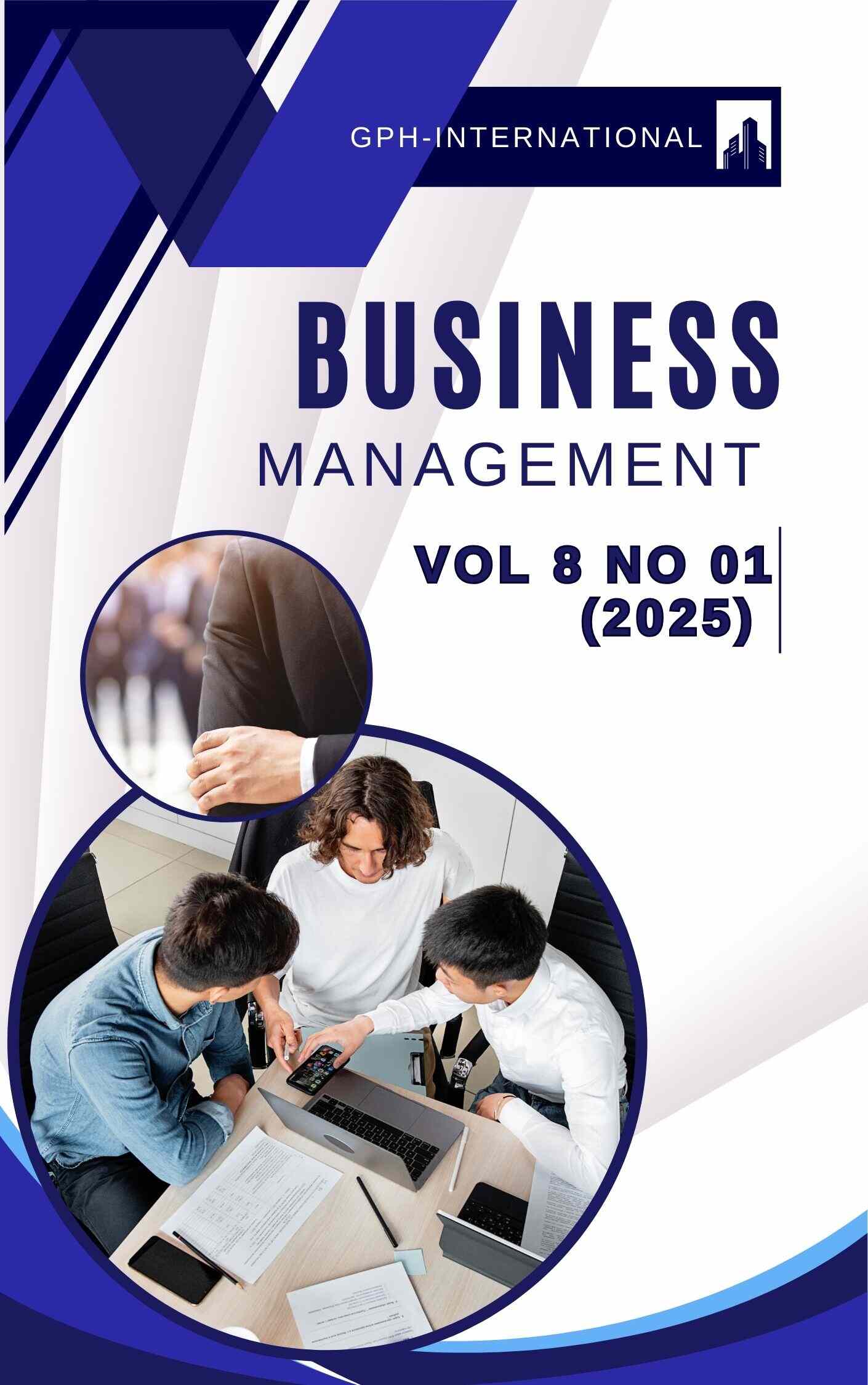The level of efficiency of the payroll process system in the city government of Naga
Abstract
This study aimed to evaluate the payroll process system within the Human Resource Management of the City Government of Naga, focusing on improving payroll accuracy and efficiency, ensuring regulatory compliance, and enhancing employee satisfaction. The study sought to answer key questions regarding the level of efficiency of payroll processing practices, identifying challenges in payroll management, and examining the relationship between efficiency and the challenges faced. Specifically, it looked at the efficiency in terms of accuracy, timeliness, system coverage, and reporting, while also exploring challenges related to payroll implementation, technological limitations, and human resource management. The study utilized a descriptive- correlational design, employing statistical tools such as correlation analysis to assess the relationships between variables. A total of 48 respondents, comprising HR personnel and payroll management staff, participated in the study. The findings revealed that the payroll system's efficiency was rated highly effective in accuracy, timeliness, and coverage, while challenges were primarily linked to payroll implementation and technological limitations. The analysis showed a significant positive correlation between the level of efficiency and challenges in payroll management, with strong to very strong relationships identified between different payroll system components and management challenges. Based on these findings, the study recommends the implementation of more advanced payroll systems, continuous staff training, and the development of a comprehensive Payroll Process Manual to standardize procedures and improve payroll operations.
Downloads
References
th International Conference on Advances in Computing (2022), Communication Control and Networking (ICAC3N). IEEE.
Baker, P., & Rudd, L. (2020). Digital payroll solutions and public sector transformation. Public Administration and Technology Review, 6(1), 27-33.
Baker, A., & Rudd, P. (2020). Standardizing payroll procedures: A solution to financial accountability in local governments. Public Administration and Governance,
Checkland, P. (2019). Systems thinking, systems practice. Wiley.
Cruz, L. (2021). Challenges in modernizing payroll systems within LGUs: A case study. Philippine Journal of Government Studies
Davis, L. (2022). Integrating global best practices into payroll processes to improve public administration. Global Public Administration Review
Davis, T. (2022). Technological innovations in payroll: Ensuring prompt payments and simplifying complex processes. Journal of Public Sector Administration, 5(1), 14-20.
Department of the Interior and Local Government. (2020). DILG annual report 2020. Department of the Interior and Local Government. Retrieved from http://www.region12.dilg.gov.ph/reports-resources/dilg-annual- report-2020
Fernandez, M. (2022). Standardizing payroll procedures in LGUs: A step toward efficiency. Journal of Local Government Management
Galing Pook. (2020). Awarding innovative governance practices: A spotlight on public sector excellence Hindarto, I., & Nurfaizi, M. (2023). Analysis and Improvement of Payroll Systems Using Agile Methods to
Achieve Efficiency and Fairness. International Journal of Software Engineering and Computer Science, 3(3), 437–442.
Johnson, A. (2021). Digital payroll solutions: Minimizing errors and enhancing payroll accuracy. Payroll Insights Journal, 8(3), 35-40.
Johnson, M. (2021). Payroll manuals as a tool for reducing employee uncertainty and conflict. Human Resource Management Review
Lopez, R. (2021). The impact of effective payroll systems on employee morale and productivity. Journal of Human Resource Development.
Lopez, R. (2021). The impact of payroll inefficiencies on public sector performance. Journal of Public Administration
Mahajan, A., Shukla, R., & Soni, P. (2022). Design and implementation: A review of payroll management system. In Proceedings of the 2022 4th International Conference on Advances in Computing, Communication Control and Networking. IEEE.
Peterson, R. (2021). Automation in payroll systems: Minimizing errors and improving tracking. Journal of Government Financial Management, 3(2), 24-30.
Revilla, J. R. L., Ambagan, J. M., Joven, J. D., & Orsua, A. M. B. (2020). Payroll system with time keeping reports for sub-contractual employees of Ibiden Philippines - Sto. Tomas Batangas. Philippine EJournals. https://ejournals.ph/article.php?id=10960
Rosal, J. (2019). Records management: A system and procedure of Camarines Sur Polytechnic Colleges, Nabua, Camarines Sur. Ascendens Asia Journal of Multidisciplinary Research Abstracts, 3(2), Article 11053.
Samson, R. D., Fabellar, K. C. D., Claveria, M. J. D., & Gonzales, C. V. (2018). Web-based automated payroll system for Golden Crest Management System Inc. (GMSI). Philippine EJournals.
Smith, J. (2019). The role of payroll process manuals in enhancing organizational transparency. Journal of Public Sector Management
Swathi, H. (2020). A detailed study on payroll management system and role of HR in payroll management system.
Journal of Emerging Technologies and Innovative Research, 7(11), 500-504.
Tosi, H. L. (2019). Organizational behavior and management: A contingency perspective. Prentice Hall. Venkatesh, V., Morris, M. G., Davis, G. B., & Davis, F. D. (2020). User acceptance of information technology:
Toward a unified view. MIS Quarterly, 27(3), 425-478.
Vibar, J. C. N. (2012). E-Payroll: A web-based payroll information system for Bicol University.
Williams, S. (2020). Digital payroll systems in Canada and Australia: Enhancing transparency and employee satisfaction. International Journal of Payroll Technology, 12(4), 52-60.
The authors and co-authors warrant that the article is their original work, does not infringe any copyright, and has not been published elsewhere. By submitting the article to GPH-International Journal of Business Management, the authors agree that the journal has the right to retract or remove the article in case of proven ethical misconduct.




























